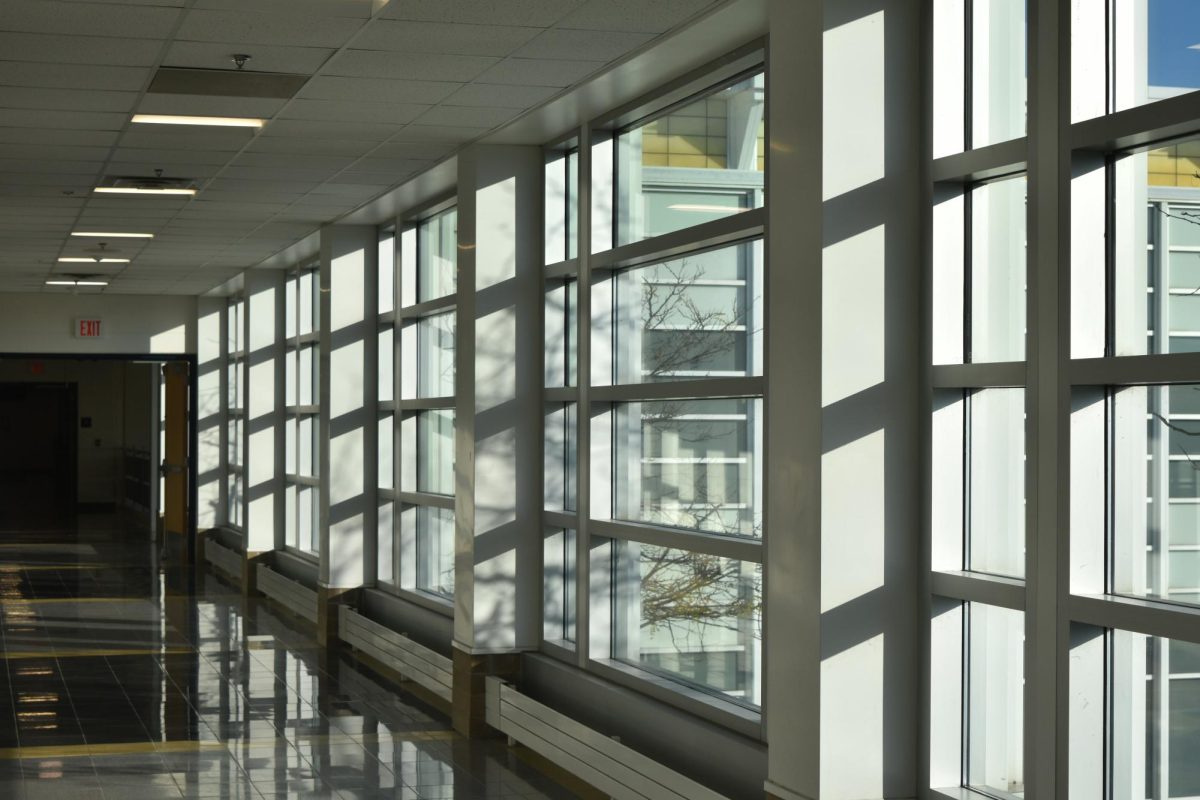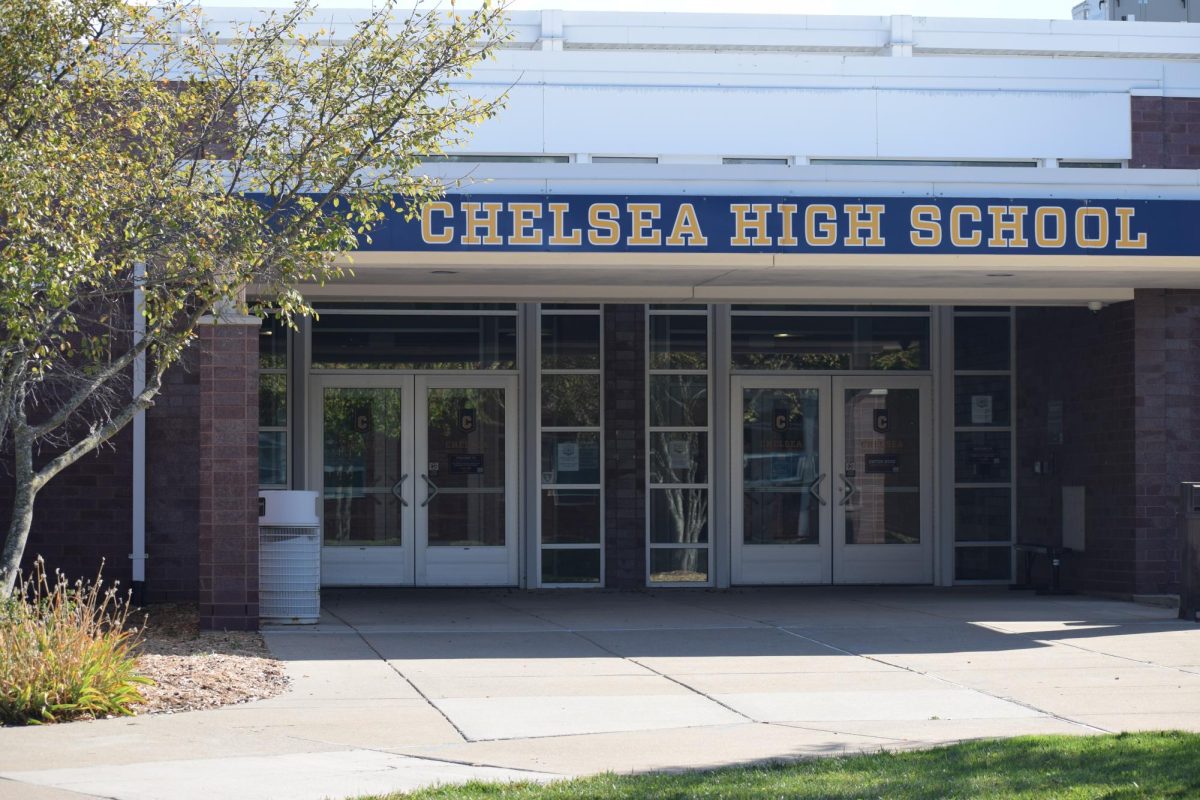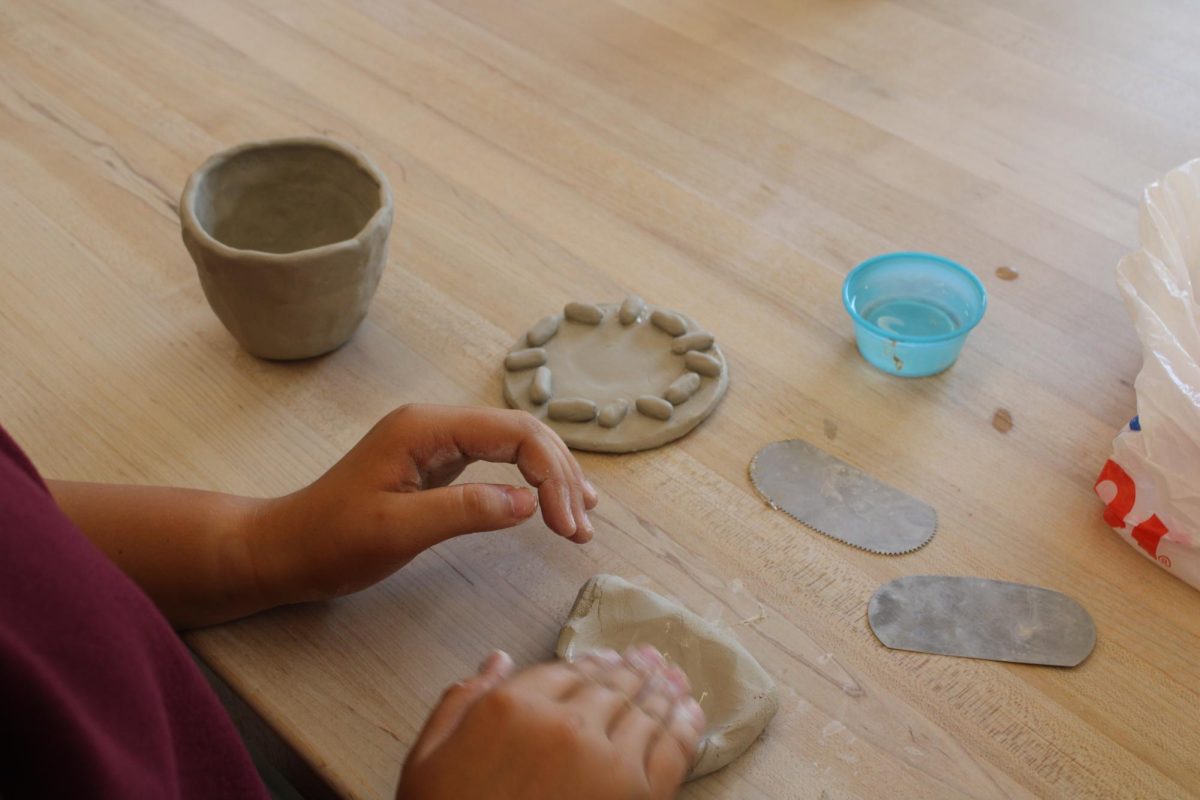Bulldog Block was designed to give students a much-needed break in their hectic schedules, but for many, this valuable time has become just another stressor. Originally created to give students dedicated time to catch up on schoolwork, this period was supposed to reduce the stress of balancing academics and extracurriculars. However, club meetings now dominate this valuable time, leaving little room for its original purpose.
As high school students, we juggle school, homework, sports, extracurriculars, and jobs. For those of us with busy schedules, this block of time is one of the few moments we have to catch our breath. But when clubs meet during that period, we’re left with a tough choice—attend the meeting or catch up on assignments. Students who want to be active in clubs can’t effectively use this time for academics, turning Bulldog Block into just another slot filled with obligations.
This conflict between academics and clubs is particularly challenging for student-athletes, who already have limited time after practice for homework. Most practices end around 5:30, and by the time athletes get home and eat dinner, it’s close to 7:00. Many student-athletes find themselves up late, struggling to finish assignments while trying to maintain their physical and mental well-being. The added pressure of attending club meetings during Bulldog Block only compounds this stress.
Some argue that students are wasting Bulldog Block by socializing or relaxing instead of working. But for many, this downtime is vital. According to a recent survey by the American Psychological Association, 75% of high school students report feeling stressed over academics. For these students, Bulldog Block may be the only chance they have to decompress. These moments of relaxation are just as important as the time spent on homework, and we shouldn’t dismiss the value of breaks in our tightly packed schedules.
A solution to this growing problem is simple: implement Bulldog Block every day. By expanding this period to a daily occurrence, students would have more flexibility to attend club meetings, complete homework, and decompress without sacrificing one activity for another. This would particularly benefit student-athletes, who struggle to balance sports and academics. Teachers, too, could use this time to catch up on grading, lesson planning, or offering extra help to students, ultimately creating a more supportive learning environment.
Chelsea High School has the opportunity to enhance student well-being and academic success by expanding Bulldog Block. Let’s advocate for this change—not just two days a week, but every day. By working together, we can create a healthier and more balanced school experience for everyone.















